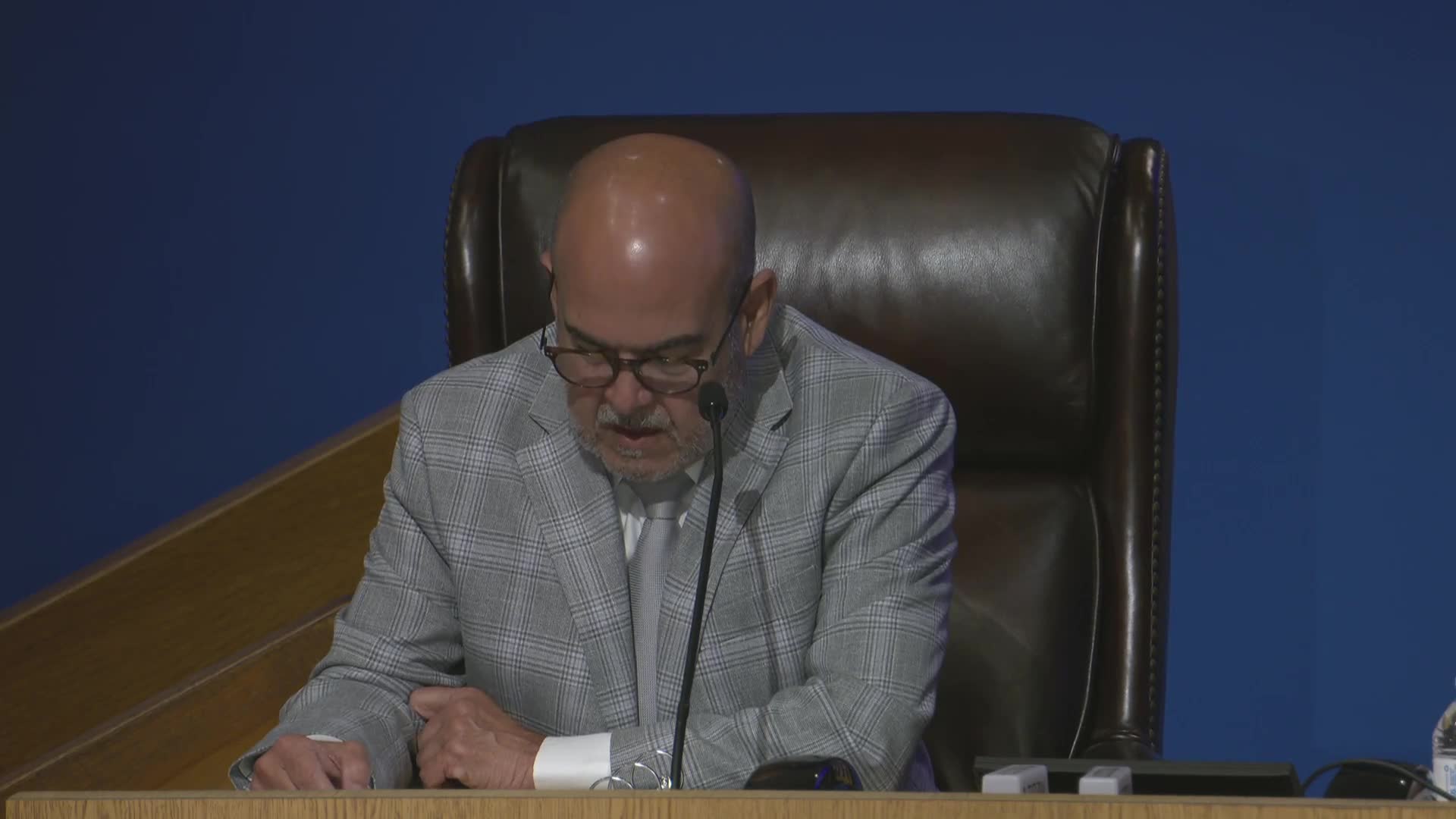School district faces funding cuts while boosting student success
August 13, 2024 | Miami-Dade, School Districts, Florida
This article was created by AI summarizing key points discussed. AI makes mistakes, so for full details and context, please refer to the video of the full meeting. Please report any errors so we can fix them. Report an error »

In a recent board meeting, significant financial updates were presented regarding the district's budget for the upcoming fiscal year. The executive summary revealed a projected decrease of $117 million in state funding, primarily attributed to an increase in family empowerment scholarships, which are expected to grow by over 15,000 full-time equivalents (FTEs) from 2023-2024 to 2024-2025.
The board highlighted the rising costs associated with fringe benefits, driven by an increase in Florida Retirement System (FRS) rates and medical insurance expenses, totaling approximately $37 million. Additionally, there are increased appropriations for charter schools and mental health funding, alongside a reserve of $87 million to address potential shortfalls in tax roll yields due to declining tax collections.
A contingency reserve of over $97 million was also established to safeguard against unforeseen revenue decreases, particularly as student enrollment shifts towards scholarship programs and charter schools. The meeting underscored the depletion of federal pandemic relief funds, which had previously supported the district's recovery efforts, allowing it to maintain an \"A\" rating for four consecutive years.
Despite these challenges, the district reported improved proficiency levels in reading and mathematics, surpassing pre-pandemic benchmarks from 2019. The board emphasized its commitment to investing in mental and physical health initiatives, ensuring operational continuity, and maintaining staff levels, even as funding tied to FTEs is projected to decline.
Looking ahead, the district aims to sustain enhanced facilities and technologies while promoting sustainability in school design, aligning with its strategic goal of achieving 100% clean energy use by the end of the decade. Moody's Investor Services reaffirmed the district's strong financial outlook, indicating confidence in its fiscal stability as pandemic-related funding concludes in the coming years.
The board highlighted the rising costs associated with fringe benefits, driven by an increase in Florida Retirement System (FRS) rates and medical insurance expenses, totaling approximately $37 million. Additionally, there are increased appropriations for charter schools and mental health funding, alongside a reserve of $87 million to address potential shortfalls in tax roll yields due to declining tax collections.
A contingency reserve of over $97 million was also established to safeguard against unforeseen revenue decreases, particularly as student enrollment shifts towards scholarship programs and charter schools. The meeting underscored the depletion of federal pandemic relief funds, which had previously supported the district's recovery efforts, allowing it to maintain an \"A\" rating for four consecutive years.
Despite these challenges, the district reported improved proficiency levels in reading and mathematics, surpassing pre-pandemic benchmarks from 2019. The board emphasized its commitment to investing in mental and physical health initiatives, ensuring operational continuity, and maintaining staff levels, even as funding tied to FTEs is projected to decline.
Looking ahead, the district aims to sustain enhanced facilities and technologies while promoting sustainability in school design, aligning with its strategic goal of achieving 100% clean energy use by the end of the decade. Moody's Investor Services reaffirmed the district's strong financial outlook, indicating confidence in its fiscal stability as pandemic-related funding concludes in the coming years.
View full meeting
This article is based on a recent meeting—watch the full video and explore the complete transcript for deeper insights into the discussion.
View full meeting